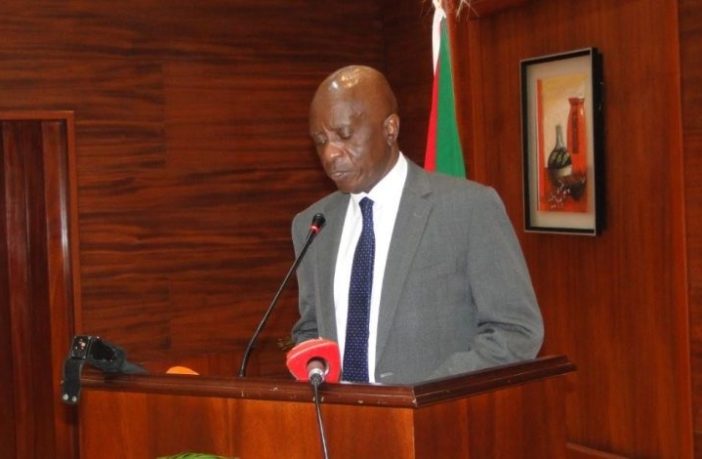- Lusa reports that Mozambique’s Minister of Mineral Resources and Energy has stated that, as it starts producing liquefied natural gas in the Rovuma basin this year, the country had increased responsibilities in boosting the energy transition.
“This year should be marked, among other events, by the start, for the first time in Mozambique, of the production and export of liquefied natural gas through the Coral Sul FLNG Project, as well as the closing of the sixth tender for new hydrocarbon research areas, which together add a greater sense of responsibility and a necessary reflection on the long-awaited energy transition,” Minister Carlos Zacarias said.
Related news: Mozambique will soon start exporting gas from Eni’s floating gas platform
The official was speaking during the opening of the Ministry of Mineral Resources and Energy’s Seventh Coordinating Council in Gaza province, southern Mozambique.
Thanks to its immense potential in natural gas, he continued, Mozambique was positioned as a major player in reducing polluting fuels and in the increasing adoption of clean sources.
In addition to contributing to the energy transition, Mozambique wants its natural resources to also be used for the country’s social and economic development, he added.
“As far as hydrocarbons are concerned, they are seen as an indispensable vector for the country’s future. It is in this vein that, at the end of these two days of reflection [of the coordinating council], we should have a more refined strategic vision,” the minister stressed.
Another challenge that the mineral resources and energy sector faces is the organisation of artisanal mining, which endeavour must, in the face of illegal mining and smuggling, put this asset at the service of social and economic development, he said.
Artisanal miners should organise themselves into cooperatives with the aim of facilitating control of the activity, the minister urged.
Carlos Zacarias said that, in the field of energy, Mozambique was committed to “ensuring universal access to electricity for all by 2030, through the electrification of administrative posts throughout the country, using the national electricity grid and stand-alone systems”.
This objective, he continued, would be achieved by increasing electricity production capacity and developing new electricity transportation and distribution projects. Given its potential, Mozambique had the capacity to achieve energy self-sufficiency while increasing supply in the region, the minister observed.
Author: Bryan Groenendaal















